Year-End Sales Report: Toyota
Toyota’s December sales [ PDF here]dropped 5.5 percent compared to last December, capping a rough year for the largest foreign automaker in the US market. Toyota ended 2010 with a total sales volume of 1,763,595 units, down 6,552 from last year’s pre-recall performance. But despite holding volume basically flat and suffering the industry’s second-worst retail market share loss (at -1.2%), Toyota still finished the year with the highest retail market share of any automaker in the US market, at 17.3 percent according to our anonymous industry informant. Dig this: after the nastiest recall scandal since Ford’s Firestone debacle the Camry is still the best-selling car in the country, Lexus is still the top luxury brand, and Toyota still attracts more retail buyers than any other maker or brand. Would you have predicted that last February?
The Toyota brand’s retail market share dropped some .9% last year, ending the year at 14.6%, beating the next-closest competitor (Ford) by a margin of 1.4% (a difference equivalent to Buick or Acura’s retail market share). And that achievement comes despite losing more retail share than any other non-discontinued brand on the market last year. For the Toyota brand, that made 2010 the best of times and the worst of times, a fact that was not lost on Toyota’s Don Esmond, who says
Thanks to our customers’ enduring confidence in the quality and reliability of our vehicles, Toyota remained the best-selling retail brand for the third consecutive year… We are truly grateful for the strong loyalty our customers showed the Toyota brand in 2010, and we look forward to a successful year in 2011
But that sense of gratitude seems strange when you look at the pure volume numbers. Only two Toyota cars beat their 2009 volume numbers last year, the Prius (+1.6%, 140,928 units) and Avalon (+6.1%, 28,390 units). Otherwise, the bread-and-butter Camry (-7.5%, 327,805) and Corolla (-9.8%, 266,082) had decidedly mediocre years, and Yaris crashed by 36.7% to 40,076 units. Even the relatively new Venza (-12.5, 47,321 units) was down by double-digit percentages.
Luckily for Toyota, light trucks saved the day last year. The new Sienna bumped sales by 17.7 percent to 98,337 units, while RAV4 rode a hot compact crossover segment up 15.4% to 170,877 units. After a miserable 2009, even the 4Runner and FJ Cruiser came back by 138% and 26.1% respectively, combining for 61,490 units. Land Cruiser and Sequoia, on the other hand, received no such boost, falling 19.6% and 14.9% respectively, combining for fewer than 16k units. Tacoma slid 4.4%, as the compact pickup market continued to erode, ending the year with 106,198 units. Tundra was up 18.3% though, on annual volume of 93,309 units.
Esmond’s expressions of gratitude were conspicuous in their lack of reference to the Scion brand, which is no surprise considering that, at 45,678 units, the sub-brand sold fewer models than the Venza. Last year Scion saw xB volume drop by 19.5 percent, tC fell by 15 percent and xD crashed by 29.8 percent. Even with a new tC on dealer lots, the model sold a mere 1,594 units in December. Unless the forthcoming iQ perks up some serious interest in the brand, Scion is a dead experiment walking.
Lexus, meanwhile was the major bright spot in Toyota’s portfolio, holding off a major challenge for US-market luxury supremacy from Mercedes and BMW. ES edged up by one percent, and LS enjoyed a nine percent rally, but HS’s 60% jump covers the fact that a mere 10k units of the “dedicated luxury hybrid” were old last year. It’s definitely not too early to call the HS250h a dud, but it may just limp along for a while, following in the footsteps of the GS, which slid 4.4% to 7,059 units. Meanwhile, the IS-line is starting to lose its appeal on the market, as it fell 9.8% to 34,129 units.
Lexus’s SUVs and Crossovers were a big help last year, with GX staging a dramatic comeback after an “unintended enthusiasm” scare earlier this year. The midsized SUV sold 16,450 units last year, a 10k unit improvement over 2009’s gas price-limited volume. LX increased slightly to 3,983 units and RX was up by only 3.3 percent to 95,790 units.
All told, Toyota had an undeniably rough year. Losing over one percentage point of retail market share between all brands is never a good sign, but in this case it can be directly tied a major publicity scandal in the midst of a weakly-recovering market. Though there are problems on the margins with Scion and other specific models like Yaris, Venza and Lexus HS/GS, the fundamentals of Toyota’s big-volume business seem to have survived the recall scandal in fairly good shape. Moreover, with 162,931 Toyota-branded hybrids sold last year along with 26,219 Lexus-branded hybrids, Toyota’s long-term investment in hybrid technology continues to pay big dividends. Certainly those who predicted a “free-fall” in Toyota sales over the course of 2010 need to readjust their expectations.
More by Edward Niedermeyer
Latest Car Reviews
Read moreLatest Product Reviews
Read moreRecent Comments
- Dwford Will we ever actually have autonomous vehicles? Right now we have limited consumer grade systems that require constant human attention, or we have commercial grade systems that still rely on remote operators and teams of chase vehicles. Aside from Tesla's FSD, all these systems work only in certain cities or highway routes. A common problem still remains: the system's ability to see and react correctly to obstacles. Until that is solved, count me out. Yes, I could also react incorrectly, but at least the is me taking my fate into my own hands, instead of me screaming in terror as the autonomous vehicles rams me into a parked semi
- Sayahh I do not know how my car will respond to the trolley problem, but I will be held liable whatever it chooses to do or not do. When technology has reached Star Trek's Data's level of intelligence, I will trust it, so long as it has a moral/ethic/empathy chip/subroutine; I would not trust his brother Lore driving/controlling my car. Until then, I will drive it myself until I no longer can, at which time I will call a friend, a cab or a ride-share service.
- Daniel J Cx-5 lol. It's why we have one. I love hybrids but the engine in the RAV4 is just loud and obnoxious when it fires up.
- Oberkanone CX-5 diesel.
- Oberkanone Autonomous cars are afraid of us.



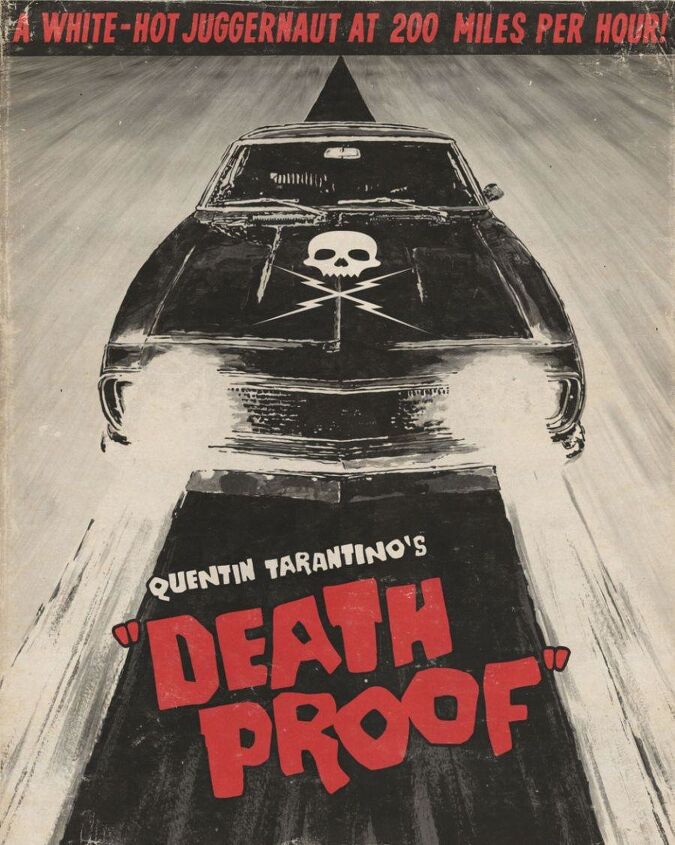















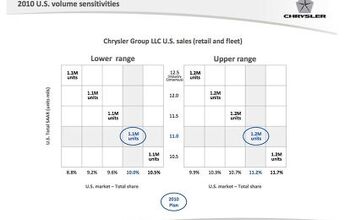
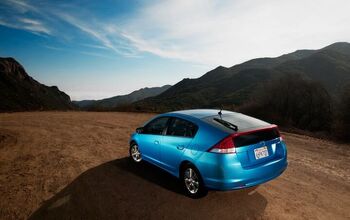
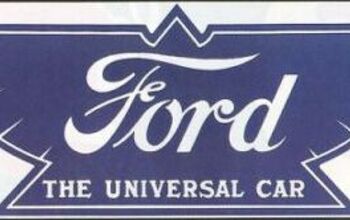
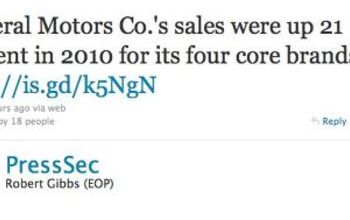
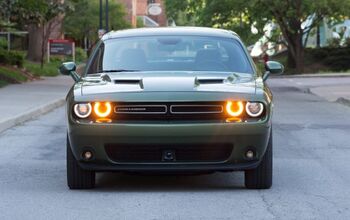










Comments
Join the conversation
They sold 140k Prius's last year? That is a surprise, given how cheap gasoline seemed.
The bottom line for Toyota is will they make a profit. If it's a choice between selling 1.7M units and making a decent profit vs selling 2M units and losing money or breaking even, they are going to go with the 1.7M. If you look at past history, Toyota's most profitable years weren't necessarily the years they sold the most cars. I believe Toyota's days of aiming to be the number one auto maker at the expense of profits are over.